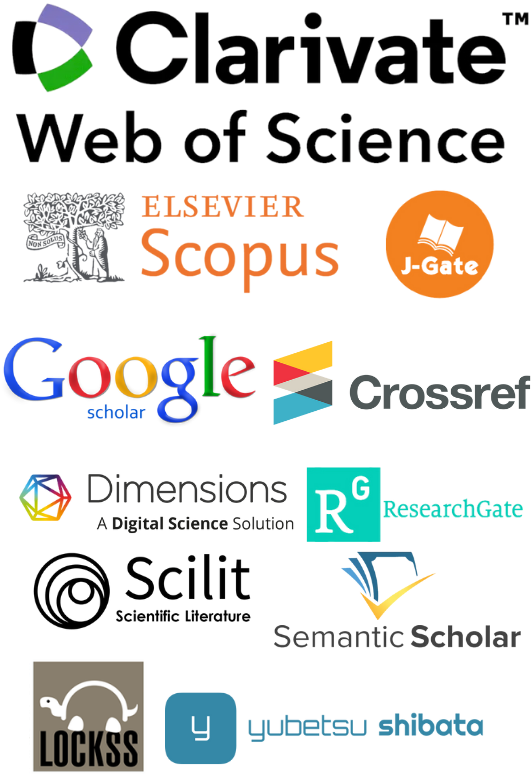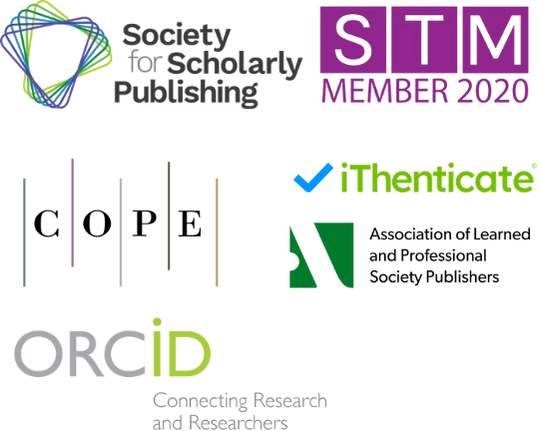About the Journal
Medical Education and Society (MES) is an international, peer-reviewed open-access journal dedicated to publishing innovative research, comprehensive reviews, and critical perspectives on medical education and its broader societal implications. It is an important social force in the development of medical science and technology and a connection between government and medical professionals. Our mission is to enhance the understanding of medical training, healthcare pedagogy, and the evolving relationship between medical education and society by disseminating high-quality research that is accessible to a global audience.
Areas covered include but not limited to:
- Medical education and training
- Medical sociology research
- Medical philosophy, ethics and behavior
- Health management and reform
- Health Economics, Law Review
- Health economics and social issues focus
The MES has a distinguished international Editorial Board and is supported by a professional editor’s group. With all the efforts of authors, editors, and the Editorial Board, MES will serve as a platform for likeminded colleagues around the world to exchange scholarly dialogue in a timely fashion unencumbered by cost.
Abstracting and Indexing Information
The journal is indexed with, or included in, the following:
DOAJ, Embase, Scopus, ESCI
The journal is registered with the following abstracting partners:
EBSCO Discovery Science, World-Cat, ProQuest Summons + Ex-libris, META. Science, Sempertool, Google Scholar, Netherlands ISSN center, Wanfang Data

